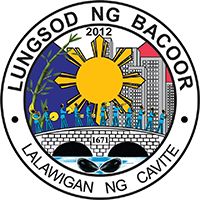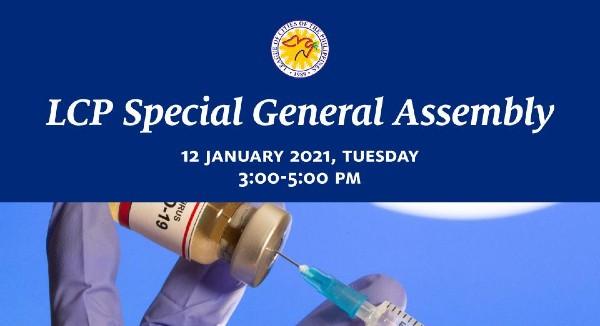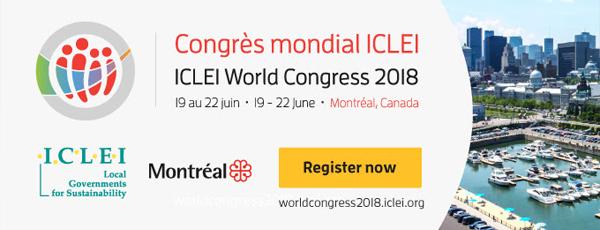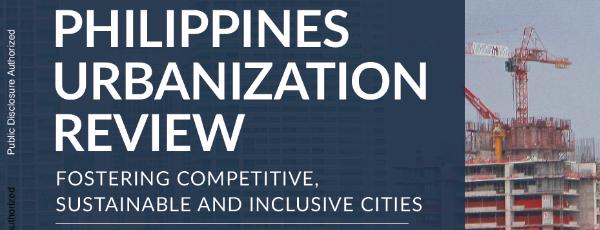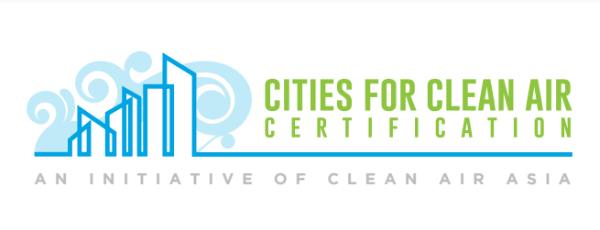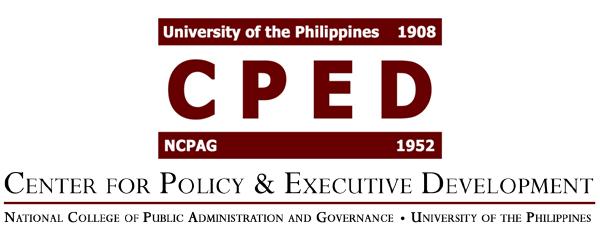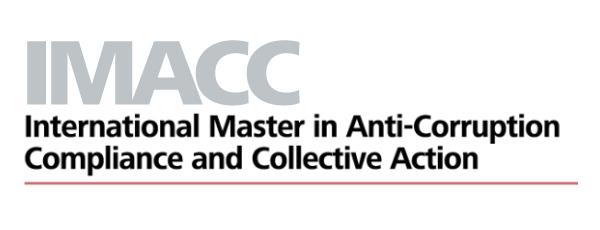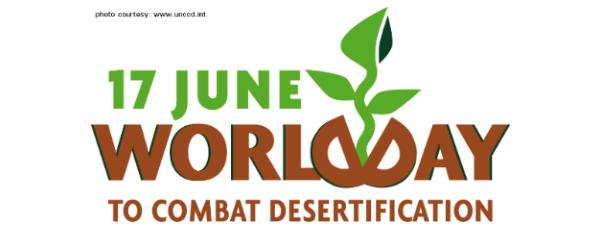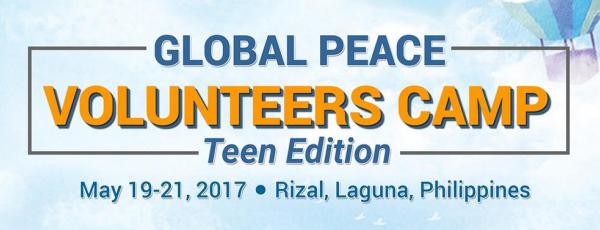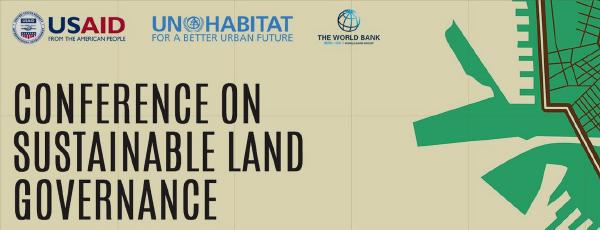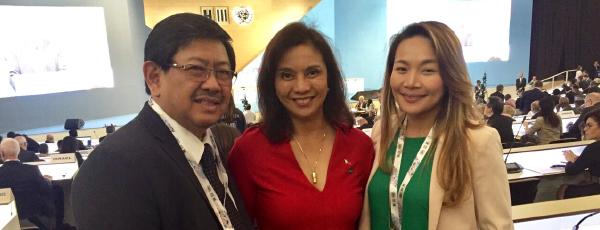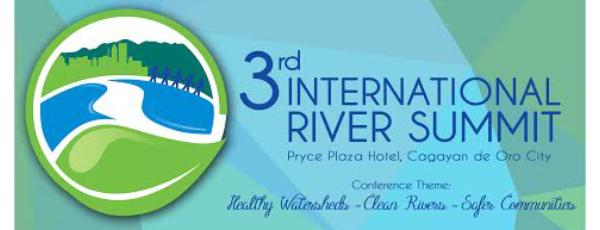


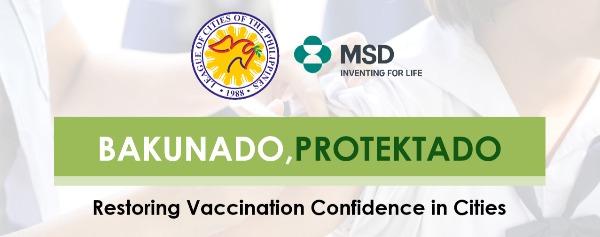
League of Cities of the Philippines, MSD advocate for vaccine confidence amid new normal
By LCP Secretariat
September 25, 2020 - Quezon City
Next to clean water, vaccination is the second most successful health intervention in history known to greatly reduce the burden of infectious disease1. Vaccination is crucial in paving the way for a community to be protected from vaccine-preventable diseases. Recently, COVID-19 disrupted not just businesses and schools but also the delivery of basic health services such as vaccination. Since the government placed majority of the communities under community quarantine, routine immunizations were put on hold.
According to the World Health Organization (WHO) Pulse Survey on Continuity of Essential Health Services during the COVID-19 pandemic, essential health services such as routine immunization services were affected across the board.2 Severe/complete disruption of outreach routine immunization services was reported by more than one in six countries (18\% of 91 reporting countries) for mobile immunization services and by one in nine countries (10\% of 105 countries) for static routine immunization. Partial routine immunization disruptions were reported by about half of countries for both health facilities and mobile services.2
Committed to maintain high immunization rates across all age groups to protect the population and cognizant of the need to ensure public health and safety, the League of Cities of the Philippines (LCP) with the support of health care company MSD in the Philippines organized a webinar forum on September 18 dubbed “Bakunado Protektado: Restoring Vaccination Confidence Program in Cities.”
Attended by city mayors and city health officers across the Philippines, the webinar aims to discuss and share current health updates in immunization, safety guidelines, and best practices in order to continue providing immunization services to the community in the new normal.
“Vaccine confidence in the Philippines dropped from 93\% to only 32\%. We have a problem…
We hope that this program of restoring vaccine confidence in our communities will go beyond this webinar,” expressed LCP National President and Bacolod City Mayor Evelio “Bing” Leonardia in his opening remarks. “This [vaccine confidence effort] will be a stepping stone to solving this COVID-19 pandemic.”
Importance of vaccination
Vaccination is one of the effective forms of prevention and an integral part of public health. In fact, immunization is the cornerstone of resilient health systems and universal health coverage because of its efficacy rate and cost-effectiveness.

To emphasize the value of vaccination, Dr. Anna Ong-Lim, Professor and Chief at the Division of Infectious and Tropical Disease in Pediatrics, College of Medicine - Philippine General Hospital University of the Philippines - Manila, shared insights on the role of immunization in combatting infectious diseases.
“Vaccine is an efficient public health tool that helps healthy people to stay healthy and prevent the spread of diseases in the community,” Dr. Ong-Lim said. “Kapag infectious diseases ang pinag-uusapan pinaka efficient pa ring paraan ang pagbabakuna para mabigyan ng proteksyon ang pinakamalawak na sektor ng ating bansa.” (Vaccine is an efficient public health tool that helps healthy people to stay healthy and prevent the spread of diseases in the community. When we talk about infectious diseases, vaccination remains the most efficient way of protecting the largest sector of the country.)
According to the US Centers for Disease Control and Prevention, vaccinations have prevented 13.8 million deaths due to measles since 20003.
Some of the immunization programs of the government through the DOH and local government units (LGUs) are protecting Filipinos against pneumonia, measles, mumps, rubella, tetanus, diphtheria, human papillomavirus (HPV), and polio among others.
Building vaccine confidence is integral in the overall success of routine immunization programs.
Popular opinion and stigma may hinder some people from getting the necessary vaccination to help protect them from infectious diseases. The United Nations Children's Fund (UNICEF) reported that this scenario affected nearly two million Filipino children aged two years old and below who are considered most vulnerable to measles and polio4. In 2019, the Department of Health (DOH) announced a measles outbreak and a re-emergence of polio virus following 17 confirmed cases5. The Philippines had been polio-free since 2000. Such rise in polio cases is alarming since measles and polio are vaccine-preventable diseases.
Aside from children, senior citizens also benefit from vaccination. According to the Philippine Statistics Authority (PSA) report, pneumonia was the fourth leading cause of death with 56,815 cases in 20186. Vaccination against pneumonia is available to help older people fight this life-threatening disease.
Immunization for Filipino communities
Access to basic health care services is a right of every Filipino. Immunization is one of these services. Unfortunately, misinformation led to life-threatening situations.
“The recent measles outbreak that was declared in February 2019 yielded about 700,000 cases of which there were about 800 deaths. Isipin na lang natin sa panahon natin ngayon dapat ba may namamatay pa sa tigdas?” Dr. Ong-Lim lamented. (The recent measles outbreak that was declared in February 2019 yielded about 700,000 cases of which there were about 800 deaths. At this point in time, should there still be deaths due to measles?)
Dr. Ong-Lim underscored the fact that complications from this natural infection and the risk of death can be prevented through vaccination.
In 2011, through Republic Act No. 10152 or the Mandatory Infants and Children Health
Immunization Act of 2011, the current basic immunization program covers tuberculosis, diphtheria, tetanus, pertussis, poliomyelitis, measles, mumps, rubella or German measles, Hepatitis B and H. Influenza type B.
Senior citizens also receive additional benefits and privileges such as free influenza and pneumonia vaccinations under Republic Act No. 9994, or the Expanded Senior Citizens Act of 2010.
In 2013, the DOH launched the School-based Immunization (SBI) Program with HPV vaccination for young girls in selected provinces and cities across the Philippines. Two years later, the DOH, the Department of Education (DepEd), and LGUs conducted the program in 38,688 public schools nationwide. The government has been doing strategic ways to increase vaccine coverage rates during the pandemic via school-based to community-based immunization, house-to-house immunization, and fixed-point immunization to meet the needs of the community.

The HPV vaccination, which was formerly delivered through the SBI Program, is now being shifted as part of the Community-based Immunization to be able to still deliver HPV vaccination to young girls amidst the pandemic to help protect them against cervical cancer and other HPV-related diseases and cancers.
Health champions are also pushing for the expansion of the current list of vaccines in the National Immunization Program.7 The bill filed last 17th Congress, principally authored by Reps. Cristal Bagatsing (5th District, Manila), Angelina Tan, M.D. (4th District, Quezon), and Luis Raymund Villafuerte Jr. (2nd District, Camarines Sur), provides for a system in determining other types of vaccine-preventable diseases, amending for the purpose Republic Act No. 10152. Section 3 of RA 10152 shall be amended so that the following shall be included in the list of vaccine-preventable diseases covered by the Act: 1) Rotavirus, 2) Japanese Encephalitis, 3) Pneumococcal Conjugate Vaccine (PCV), 4) Human Papilloma Virus (HPV) and 5) such other types of vaccine-preventable diseases as may be determined by the DOH.7
Best practices
In light of this COVID 19 pandemic, health care professionals underscore the importance of providing preventive health care services to the community.
“We are facing the COVID-19 pandemic, as we are aware, this fight is far from over. Our health care system is already burdened,” said Dr. Monrey Isaiah Mancilla, National Immunization and Child Health Program Manager of the Department of Health - Region V. “Hindi na natin kakayanin if magkaroon ng outbreak on top of the existing outbreak. The best way to approach this context is to make sure that all members of the community are healthy and immunization is a key component to ensure the health not only of one's self but the whole of society.” (We are facing the COVID-19 pandemic, as we are aware, this fight is far from over. Our health care system is already burdened. We cannot afford to have another outbreak on top of the existing outbreak. The best way to approach this context is to make sure that all members of the community are healthy and immunization is a key component to ensure the health not only of one’s self but the whole society.)
Legazpi City Mayor Noel Rosal shared health care good practices that they implemented to ensure provisions of routine vaccination while mobilizing frontliners to mitigate the effects of COVID-19 in their city.

“The response of LGU Legazpi (to COVID) did not leave out the regular health programs. The importance of immunization like polio vaccine, hindi natin dapat kalimutan. Hindi pwedeng maging rason na hindi tayo pwedeng lumabas,” Mayor Rosal highlighted. “In times of trouble, the system should be in place and majority of the people will play a key role.” (The response of LGU Legazpi did not leave out the regular health programs. The importance of immunization like polio vaccine should not be left behind. The lockdown is not an excuse. In times of trouble, the system should be in place and majority of the people will play a role.)
Part of Legazpi City’s strategy was ensuring that there is enough budget allotted for health care programs. According to Mayor Rosal, prior to the pandemic, the city increased the number of health care workers from 500 to 700. At the onset of the pandemic, these health care workers were divided into two groups. One is a public health programs team devoted to providing basic health care programs to the community. Second is a COVID-19 response team assigned in isolation and quarantine areas. During the pandemic, health care workers were provided with administrative, infrastructure, and physical support in order to fulfill the provisions mandated by local and national health-related laws.

Likewise, LCP Focal for Health and Candon City Mayor Ericson Singson highlighted how Candon City initiated the vaccination of senior citizens against pneumonia as early as December 2019 through the “Bakunado si Lolo at Lola, Iwas Pulmonya” campaign. This gave protection to the elderly people who are vulnerable to COVID-19.
“I call on all of us, my fellow mayors, to be champions for health and encourage our constituents to not only protect ourselves but our communities from vaccine-preventable diseases by ensuring high acceptance and continued implementation of the DOH National Immunization Program,” Mayor Singson declared. “This investment we make for our health will truly reap the rewards for us, for the future of our families and the communities. Let us all advocate for vaccination and health programs in our respective cities– dahil ang Bakunado, Protektado!” (Let us all advocate for vaccination and health programs in our respective cities– because a person who is vaccinated is protected!”)
To watch the replay of the webinar, please visit the League of Cities of the Philippines (facebook.com/PHcities) on Facebook.###
References:
[1] Andre, F.E. et al. Vaccination greatly reduces disease, disability, death and inequity worldwide. Bulletin of the World Health Organization. Vol. 86: 2008. Retrieved from: https://www.who.int/bulletin/volumes/86/2/07-040089/en/. Date Accessed 01 Sep 2020.
[2] World Health Organization. Pulse survey on continuity of essential health services during
the COVID-19 pandemic. Date Accessed 4 September 2020.
[3] Centers for Disease Control and Prevention. Retrieved from: https://www.cdc.gov/globalhealth/immunization/default.htms. Date accessed 27 Aug 2020
[4, 5] 2 million Filipino children may miss out on vaccinations in 2020 amidst COVID-19. April 23, 2019. UNICEF. Retrieved from: https://www.unicef.org/philippines/press-releases/2-million-filipino-children-may-miss-out-vaccinations-2020-amidst-covid-19. Date accessed 27 Aug 2020
[6] Philippine Statistics Authority. Registered Deaths, 2018. Retrieved from https://psa.gov.ph/content/registered-
deaths-philippines-2018. Date accessed 27 Aug 2020
[7] House of Representatives of the Philippines. Press Release: House approves bill expanding list of vaccine-preventable diseases. Retrieved from: http://congress.gov.ph/press/details.php?pressid=11289&key=Republic\\%20Act\\%20No.\\%2010152\\%20also\\%20known\\%20as\\%20the\\%20\\%E2\\%80\\%9CMandatory\\%20Infants\\%20and
\\%20Children\\%20Health\\%20Immunization\\%20Act\\%20of\\%202011. Accessed Sept 7, 2020.
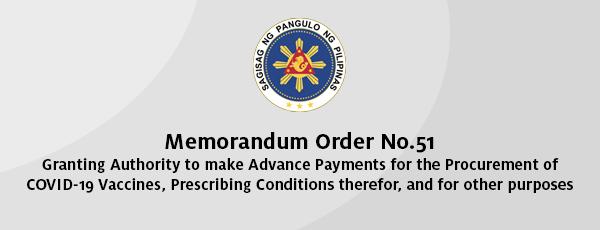 Granting Authority to make Advance Payments for the Procurement of COVID-19 Vaccines
Granting Authority to make Advance Payments for the Procurement of COVID-19 VaccinesFebruary 19, 2021
LOOK: Memorandum Order No. 51 signed by President Duterte granting the national government and local government units (LGUs) authority to make advance payments exceeding the 15\% limit for the procurement of COVID-19 vaccines.
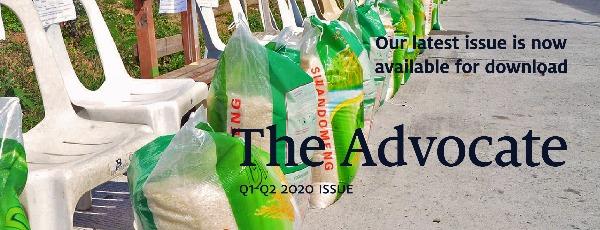 The Advocate
The AdvocateJanuary 15, 2021
The Q1-Q2 2020 issue of our official newsletter features the League's mid-year accomplishments including our response to COVID-19.
November 16, 2020
The unprecedented landfall of three (3) tropical storms in three weeks or from October 25 to November 11 in the country has greatly affected our cities from Luzon. Based on the available Situational Reports from the National Disaster Risk Reduction Management Council (NDRRMC), a total of 64 cities have been affected by Typhoon Quinta, Rolly, and Ulysses.
October 22, 2020
We invite you to an online consultation with Clean Air Asia on 27 October 2020 (Tuesday), from 2:30 to 6:15 p.m., to deepen the conversation on the importance of establishing and reorganizing transport authorities and executives.
 FEATURE CITY
FEATURE CITY


